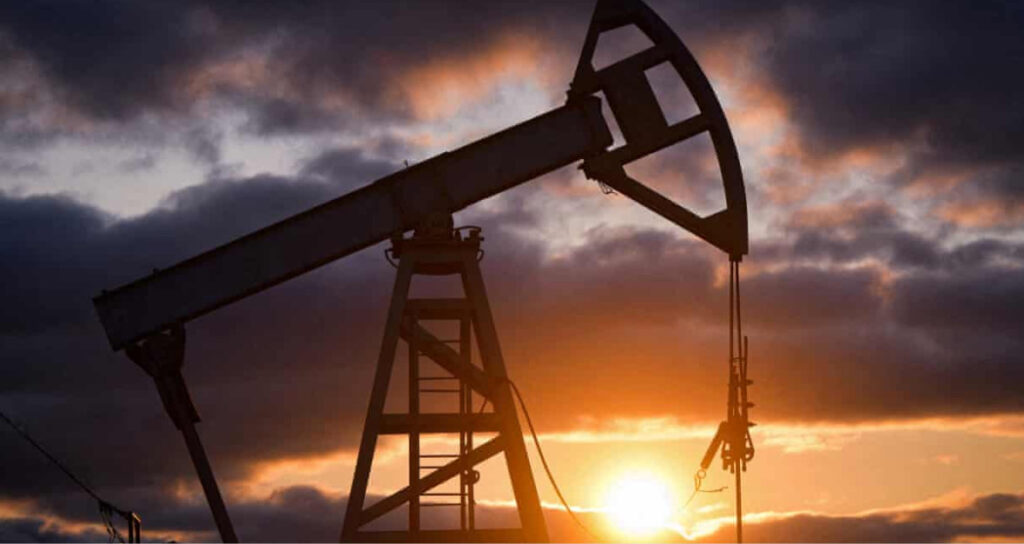The United Kingdom and its G7 allies are preparing to tighten the current cap on Russian oil export prices, which has been criticised as ineffective, following a sharp downturn in global oil markets triggered by Donald Trump’s trade war.
Officials at the UK Treasury are reportedly reviewing plans to lower the $60 (£46) a barrel cap on Russian oil exports.
This move comes after the international oil price dropped below $60 a barrel this week for the first time in more than four years, briefly touching $59.77 a barrel.
The G7 introduced the cap in late 2022 when oil prices were well over $100 a barrel. The original goal was to restrict Moscow’s ability to fund its war in Ukraine by limiting its oil revenues.
However, with the recent slump in global oil prices and Russia’s ability to bypass restrictions, experts have said the cap has become ineffective.
It is understood that the UK is working closely with its international partners to find a strategy that strengthens the price cap. The aim is to weaken the Kremlin’s war efforts while encouraging Russia to participate in a genuine peace process.
Under the original rules, G7 and EU countries were prohibited from purchasing Russian oil above $60 per barrel. Additionally, they could not provide shipping, insurance, brokerage, trade finance, or other services for any oil traded above this limit.
Despite this, Russia found ways around the restrictions, largely through the use of a shadow fleet of ageing oil tankers that allowed it to sell oil at standard market rates.
When first introduced, the cap applied to nearly half of Russia’s seaborne oil cargoes. However, by the end of 2023, around 80% of Russian oil sales were occurring outside the cap’s reach, according to data from S&P Global Platts.
Energy analysts have called for the G7 to lower the cap further to tighten the economic pressure on Moscow. Experts argue that there is little risk of disrupting the global oil supply, making it an opportune moment to reinforce sanctions.
Defence and security specialists have also urged a rethink of how Western nations attempt to curb Russia’s income from hydrocarbons, highlighting that the current measures are not delivering the intended results.
The global oil market has seen sharp declines recently, with prices falling by nearly 20% after Donald Trump announced sweeping global trade tariffs. Investors feared that a potential trade war could trigger a global economic slowdown, reducing energy demand.
Although oil prices briefly fell below $60 a barrel, they later recovered to above $65 after Trump announced a 90-day pause on tariffs, excluding those targeting China.
The UK government has been approached for comment regarding its plans to adjust the Russian oil price cap.


